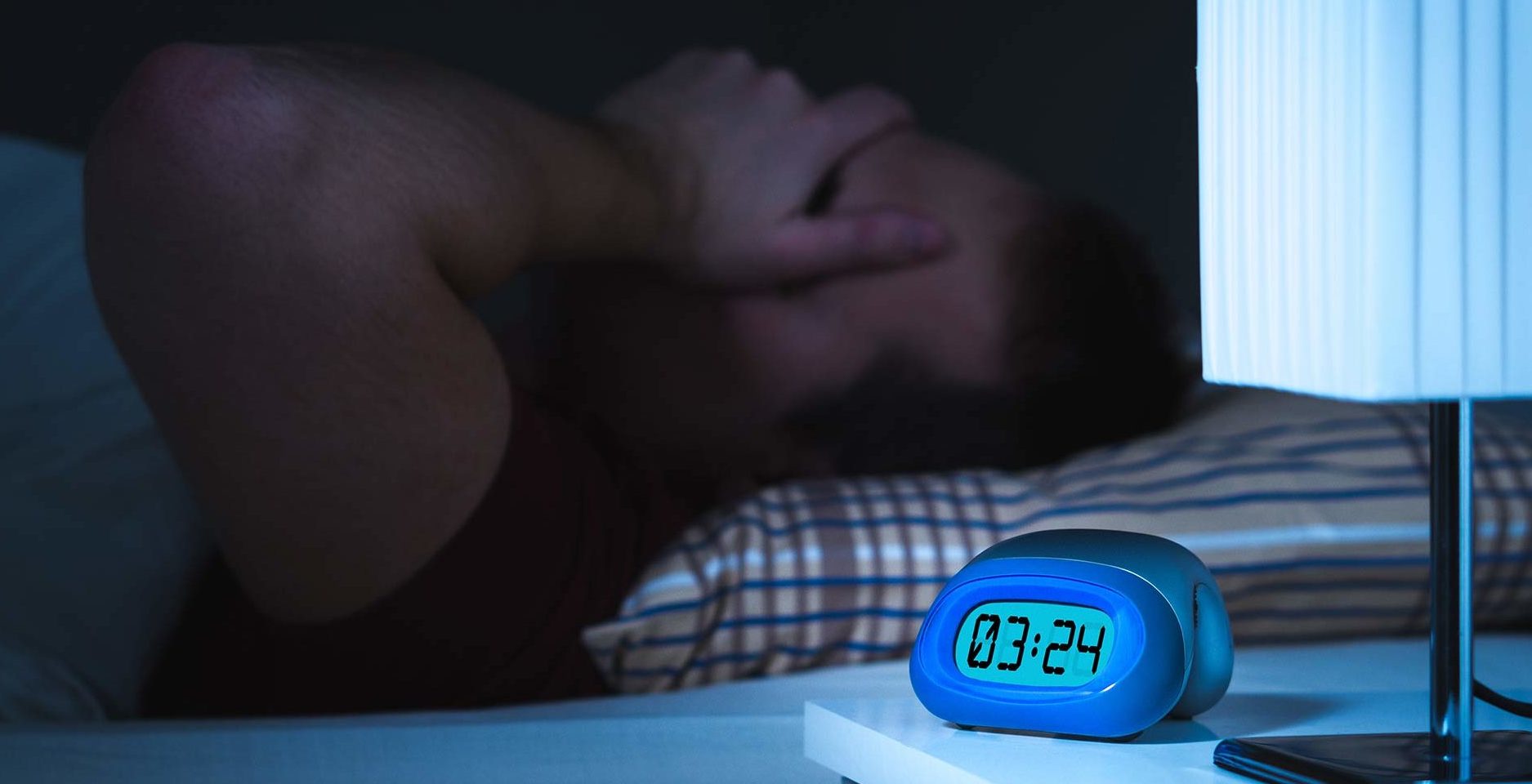 Key workers in the health and social care sector experienced the highest increase in sleep loss since the pandemic started, a study has revealed.
Key workers in the health and social care sector experienced the highest increase in sleep loss since the pandemic started, a study has revealed.
The UK-based study found a significant increase in anxiety-related sleeping issues following the onset of COVID-19.
And key workers, mothers and those from minority ethnic backgrounds are most affected.
Key workers from the health and social care sector experienced the most sleep loss, with 19% reporting problems before the onset of coronavirus. This has increased to 36.6%.
Similarly, this has jumped from 15.8% to 33% for those in the education and childcare sector.
Anxiety-related sleep problems
The research found those experiencing sleep loss as a result of worrying has increased from one in six to one in four.
The study was carried out by Professor Jane Falkingham at the ESRC Centre for Population Change and Centre for Research on Ageing at the University of Southampton.
Other findings include:
- The proportion of women losing sleep over worry before the pandemic was 18.9%. This rose to 31% during the COVID-19 outbreak
- The number of people in BAME groups reporting sleep problems was 20.7% before the pandemic but 32% during lockdown
- For key workers, 16.4% reported sleep issues prior to COVID-19 and 28.9% after its onset.
‘We are seeing that COVID-19 is having a disproportionate impact on the health of individuals from different ethnic groups and those employed in certain jobs,’ said Professor Falkingham.
‘The indirect impacts of COVID-19, including the closure of schools and businesses, and the move to home working, seem to be worse for working aged people and women. These factors may, in turn, impact upon sleep health.’
You can read the full study here.
Insomnia and nightmares
Similarly, healthcare workers in the US only sleep for an average of five hours a day during the COVID-19 outbreak.
This is according to a new study carried out on more than 1,000 healthcare workers currently employed in institutions across the U.S.
According to the results, 41% of healthcare workers suffer from insomnia during the pandemic.
And one in three report sleeping poorly.
Carried out by sleepstandards.com, other findings include:
- 27% of US healthcare workers report having nightmares, while 21% do not experience any sleep disorders
- The US healthcare workers who have narcolepsy and other sleep disorders sits at 5% and 6% respectively
- 51% of healthcare workers rate their sleep as fair. And 14% confirm that they sleep excellently
- 84% of healthcare workers in the US are worried about bringing COVID-19 home from work.
Follow Dentistry.co.uk on Instagram to keep up with all the latest dental news and trends.

